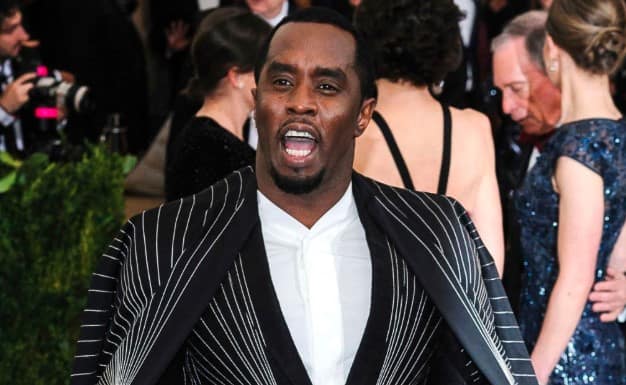A mixed verdict in Sean ‘Diddy ‘Combs federal trial underscores both the power and limitations of the criminal justice system in handling abuse allegations and survivor pleas.
A Verdict with Mixed Messages
July 13, 2025: On July 2, 2025, Sean “Diddy” Combs was convicted on two counts of transporting individuals for prostitution (under the Mann Act), but was acquitted of the far more serious charges of sex trafficking by force, fraud, or coercion, and racketeering conspiracy.
The trial involved nearly 29 days of testimony and nearly 34 witnesses, including Combs’ former partners Cassie Ventura and a woman identified as “Jane.” They described emotional manipulation, threats, drug-fueled “freak-off” parties, and physical violence—including documented surveillance footage from 2016 showing a violent confrontation in a hotel hallway.
The Limits of “Reasonable Doubt” and Survivor Narratives
Many legal observers argued that the prosecution failed to bridge the gap between abuse and actionable criminal behavior. Experts like Neama Rahmani suggested that the government’s approach to coercion and complex emotional entanglement in long-term abusive relationships “botched” key parts of the trafficking case.
Domestic abuse scholar Emma Katz noted how nuances of emotional and psychological coercion—common in intimate partner violence—may not persuade jurors steeped in outdated rape myths or expecting more overt criminal patterns.
As Areva Martin, a civil rights attorney, put it: while the evidence could support coercion via threats, financial control, and fear, jurors may not recognize how a consensual relationship can still be coercive—and that seemed to be the case here.
Reactions from Survivors and Advocacy Groups
Survivor advocacy groups and legal leaders reacted with frustration. UltraViolet called the verdict “a stain on a criminal justice system … and an indictment of a culture in which not believing women … remains endemic” .
The nonprofit Lift Our Voices praised the bravery of Cassie Ventura and “Jane” for coming forward, noting that although not all charges stuck, their testimony pushed powerful misconduct into public view.
Douglas Wigdor, Ventura’s lawyer, stressed that her testimony made it possible for the jury to convict Combs on the prostitution charges—even if the more serious charges didn’t result in conviction. He added that Ventura’s courage and public voice “left an indelible mark” on both the industry and survivor justice.Broader Meaning: What This Verdict Means for Believing Survivors
Mixed verdicts highlight justice system gaps — successful criminal prosecution is still tied to narrow standards of evidence and legal definitions that don’t always reflect coercive abuse in intimate relationships.
Consent and coercion aren’t always understood — as Katz and Martin emphasized, jurors may interpret survivor behavior through inappropriate bias rather than trauma-informed frameworks.
Cultural change is slow — the case suggests that while #MeToo raised awareness around workplace abuse, its legacy in personal/domestic abuse scenarios remains undercut by legal presumptions around autonomy and voluntariness.
Survivor bravery still matters — even amid mixed legal outcomes, testimony can shift public discourse and open doorways to civil accountability and societal support.
While Sean “Diddy” Combs was found guilty of federal prostitution-related offenses, his acquittal on trafficking and racketeering charges highlights systemic hurdles survivors face: coercion is notoriously hard to prove, and juries may default to outdated assumptions about relationships. Still, advocates affirm that the verdict is not the end—survivor voices continue to shape accountability in courts and culture.
Published by HOLR Magazine


